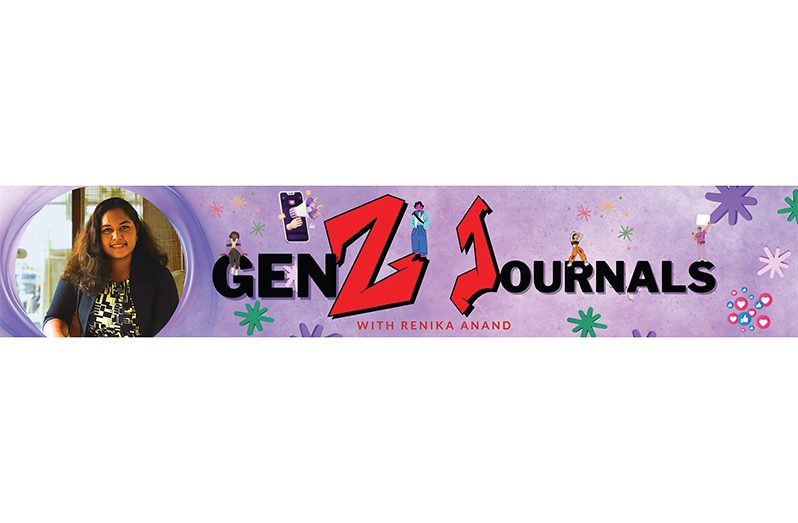THE process of evolution is quite similar to climbing a flight of stairs. They are both effort-intensive and intentional processes, but they ultimately lead to attaining a higher position. In addition, they are similar in the fact that without a good starting point, neither would occur at all. Without having a sufficiently tall bottom step, one would never be able to reach the next one. Likewise, without an already sufficiently developed population, any evolution that may occur is unlikely to be significant. The truth is that all the development and growth we enjoy today stem from the growth and development of previous generations. We are like seeds planted into fertile soil—advantaged from the very beginning.
The current era of the world is characterised by technological globalisation and scientific development. We are connected across cities and countries. More importantly, we have been using these connections to facilitate the creation and discovery of new things. Over the past few decades, however, we have begun to explore a new direction in making these discoveries; we have started to examine the role of past knowledge in shaping the innovations and discoveries of the future. The past, of course, was not a perfect time for science. Many ideas and beliefs were perpetuated without substantial evidence. Scientists and innovators developed theories such as the geocentric model, bloodletting as a cure for illnesses, and the miasma theory. Today, we look back at these ideas in appalled shock and wonder how we could have ever operated under such strange and myopic beliefs.
Nevertheless, many of these theories have served as the baseline for much of the science we practise today. For instance, the infamous practice of bloodletting is a quintessential example of the “barbaric” medicine that was once practised. Yet, we do not realise that an evolved form of bloodletting is also practised in modern medicine. Today, we refer to the process of puncturing veins to draw blood as phlebotomy. Medical practitioners draw blood from the body for various purposes. It is even used as a treatment for conditions where individuals have excess iron or red blood cells. Although the idea of bloodletting may have been primitive, it played a role in modern medicine. It may have been the first step in a long process that has led to today’s practice of phlebotomy.
Our generation carries the hope of extraordinary scientific feats. Within our very own lifetimes, most of us have witnessed the complete sequencing of the human genome, the first image ever taken of a black hole, evidence of water on another planet, and the development of a vaccine for an infectious disease in almost a single year. In another time, we may never have even dared to wonder whether some of these feats were possible. Today, however, they are accomplishments that have already taken place. Now, we are gearing up to achieve more in the future.
Perhaps, as we prepare to participate in the search for discoveries and innovations, we might benefit from examining the things we have already left behind in the past. In every culture, our ancestors held important knowledge about the flora and fauna of their respective environments. They knew how to treat many illnesses and alleviate symptoms. They knew how to build shelters and make clothing without harming their environment. They even knew how to make food that suited human lifestyles and provided nourishment. As we move further into the future, we are losing much of the knowledge that our ancestors gained through practice and experience.
Knowledge can come from extraordinarily unexpected places. It can come from both the present and the past. If we choose to wear a new lens, we can even find it in places that have already been disregarded. There is never a lack of knowledge in the world, and never an absence of new paths to discover. Our only limitations are the extent to which we are willing to search and the imagination with which we view the world. If we remove these limitations, we may find that our past holds the key to our future.



.jpg)








